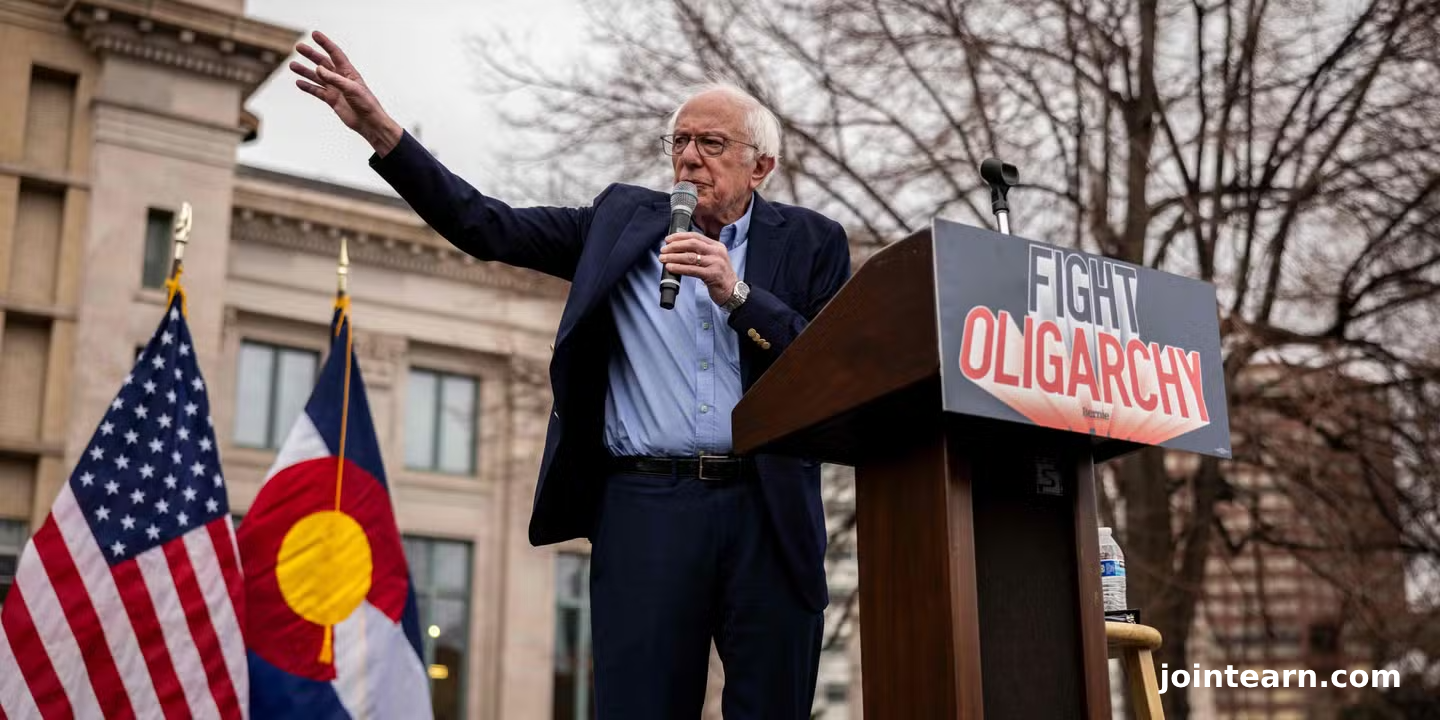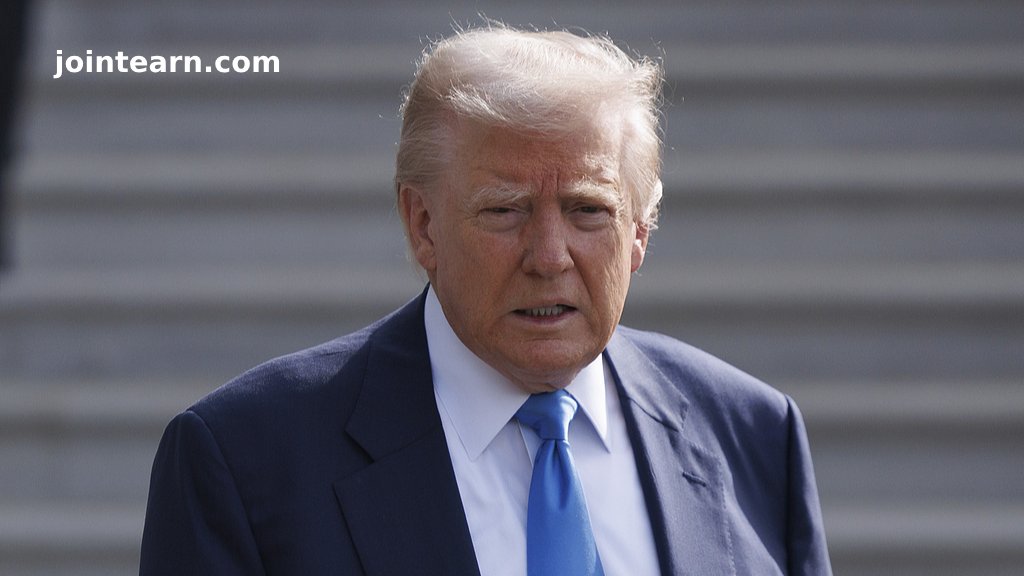Bernie Sanders Responds to Criticism
Senator Bernie Sanders, I-Vt., defended his “Fighting Oligarchy” tour on Sunday, rejecting criticism from within his own party. Sanders responded directly to comments made by fellow Democratic Senator Elissa Slotkin, D-Mich., who had previously argued that the term “oligarchy” doesn’t resonate beyond certain political circles and urged Democrats to abandon the term. Sanders retorted by saying, “The American people are not quite as dumb as Ms. Slotkin thinks they are.”
Slotkin’s Concerns
Slotkin, a first-term senator from Michigan, had told Politico that phrases like “oligarchy” don’t resonate with voters outside of coastal institutions and could alienate crucial swing voters in places like Michigan. Her remarks reflect concerns about the language the Democratic Party uses to frame its policies and public discourse. Minnesota Governor Tim Walz also criticized some Democrats for using terms like “oligarch” and “food insecurity,” suggesting that simpler language, such as “hungry” and “greedy billionaires,” might connect better with voters.
Sanders Stands Firm
Despite these critiques, Sanders doubled down on the message of his “Fighting Oligarchy” tour, which he has been conducting alongside progressive Rep. Alexandria Ocasio-Cortez, D-N.Y. The tour has attracted large crowds, with 36,000 attendees in Los Angeles, 34,000 in Colorado, and 30,000 in Folsom, California. Sanders argued that the term “oligarchy” accurately describes the concentration of wealth and power in the hands of the top 1%, especially when large financial interests have undue influence over political parties. He maintained that this phenomenon is central to understanding America’s current political and economic systems.
Core Message of the Tour
In his interview with NBC News’ Meet the Press, Sanders reiterated that the primary message of the “Fighting Oligarchy” rallies is that the U.S. is living under a system where “the top 1% owns more wealth than the bottom 90%,” and the interests of big-money donors dominate both major political parties. Sanders’ remarks sought to validate the widespread enthusiasm for his progressive agenda, which calls for reducing economic inequality and breaking the influence of the wealthy elite over the political process.
Internal Democratic Debate
The exchange between Sanders and Slotkin reflects the larger debate within the Democratic Party about its future direction, especially after the party’s losses in the 2024 presidential election. As some Democrats, including Slotkin, advocate for a more moderate approach, Sanders has long been a proponent of progressive values. This contrast highlights the ongoing tension within the party as it grapples with how to move forward after a second Trump administration and the broader political challenges it faces.
Sanders on the Democratic Vision
Addressing the party’s future, Sanders stressed that while Democrats may agree on key issues, they currently lack a unified vision for America post-Trump. He argued that the absence of a clear future direction has contributed to the party’s struggles.
Looking Ahead
While Sanders remains a leading figure in progressive politics, Slotkin represents a new wave of Democrats, having made significant strides in Michigan and being chosen to deliver the official Democratic response to President Trump’s address to Congress. As the party faces important decisions about its next steps, the ideological divide between its progressive and moderate factions will likely continue to shape its trajectory moving forward.












